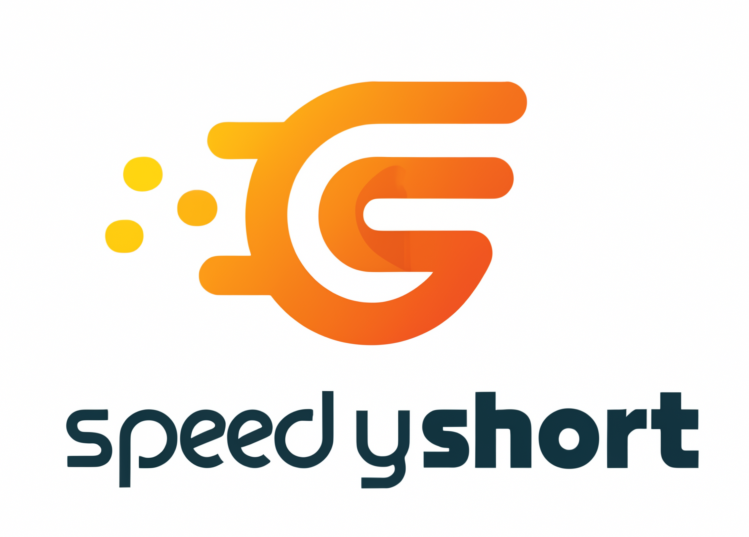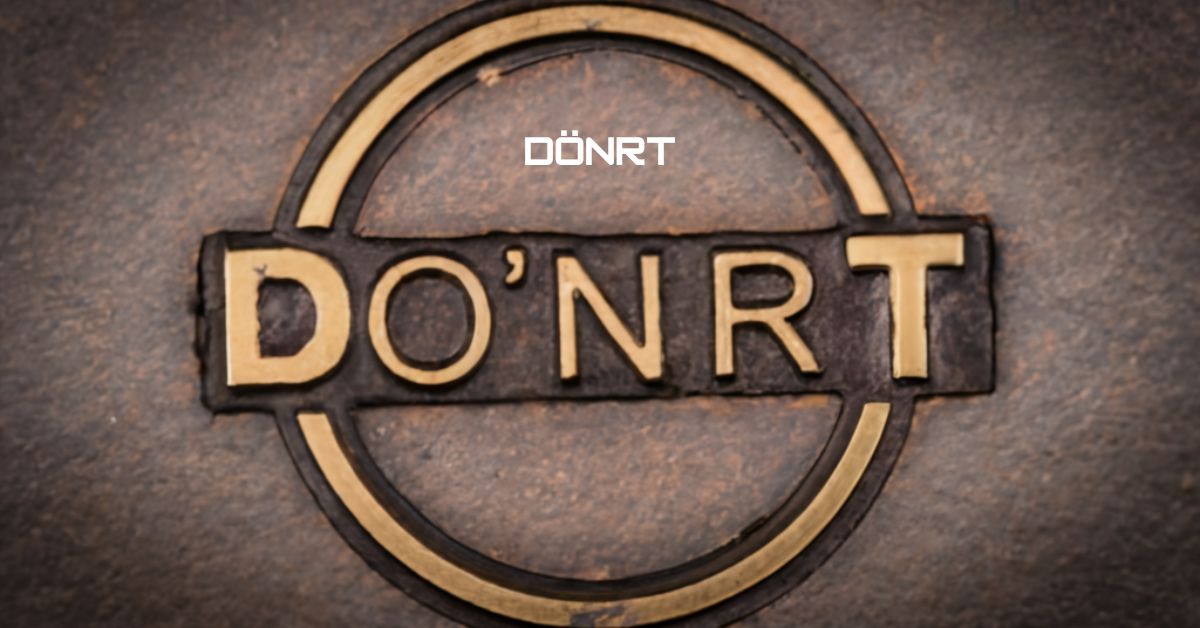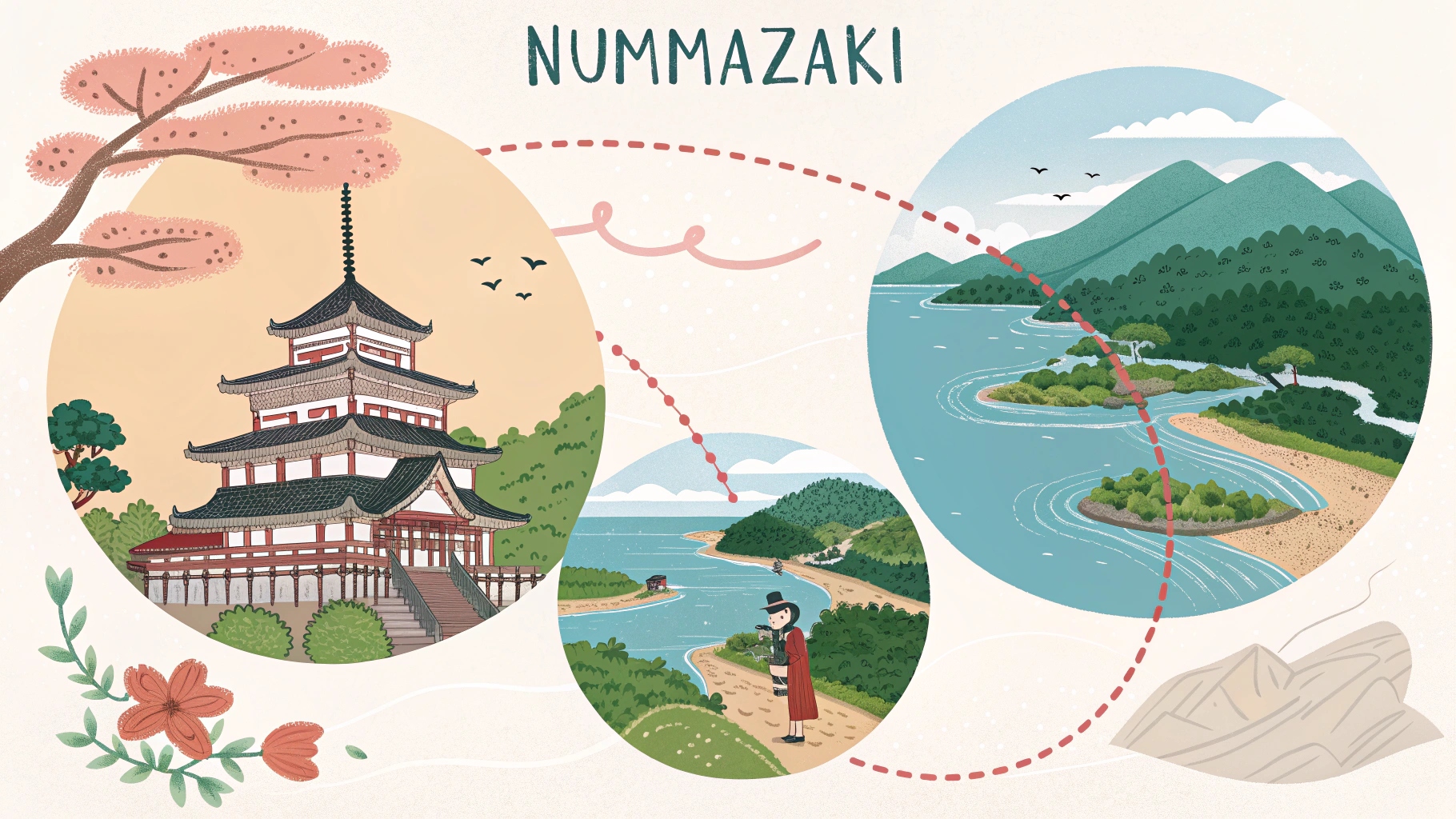The term “dönrt” has a rich history that dates back centuries, encompassing a range of meanings and interpretations across various cultures. Ancient civilizations revered it as a symbol of wisdom and power, reflecting its deep significance in historical contexts. Today, “dönrt” continues to intrigue and captivate people around the world, particularly in the United States, where there is a growing interest in its history, symbolism, and applications.
The Historical Origins of Dönrt
The origins of “dönrt” can be traced back to ancient civilizations that existed thousands of years ago. In these early societies, “dönrt” was often depicted as a powerful emblem, representing the duality of wisdom and strength. It was not merely a word but a concept that encapsulated the ideals of leadership and enlightenment.
Ancient Civilizations and Dönrt
Mesopotamia and the Middle East:
The Mesopotamians, who were among the first to develop written language and advanced forms of governance, viewed “dönrt” as a divine symbol. It was often inscribed on temples and monuments, signifying the favor of the gods and the king’s wisdom in ruling his people.
Ancient Egypt:
In Egypt, “dönrt” was associated with the pharaohs and their divine right to rule. It was believed that “dönrt” provided pharaohs with the wisdom needed to govern and the strength to protect their people. This dual symbolism was often depicted in hieroglyphics and sacred texts.
Classical Greece and Rome:
The Greeks and Romans also recognized the value of “dönrt,” incorporating it into their philosophies and political systems. For them, it was a representation of the ideal balance between intellectual prowess and physical might, a theme that resonated in their literature, arts, and politics.
Dönrt in Symbolism and Mythology
The concept of “dönrt” extends beyond historical usage; it is deeply rooted in symbolism and mythology across various cultures.
The Yin and Yang:
In Chinese philosophy, “dönrt” could be compared to the concept of Yin and Yang, which represents duality and the interdependence of opposites. Much like Yin and Yang, “dönrt” symbolizes balance — the coexistence of wisdom (intellectual strength) and power (physical strength).
The Phoenix:
In many mythologies, the phoenix is a symbol of renewal and immortality. “Dönrt” parallels this symbolism, representing not just power but the wisdom to use it judiciously, leading to renewal and sustained leadership.
Nordic Mythology:
In Norse legends, “dönrt” is akin to the wisdom of Odin, the chief god, who sacrificed his eye for wisdom. This story aligns with the concept of “dönrt” as a pursuit of wisdom at great personal cost, emphasizing the value placed on knowledge and understanding in leadership.
Dönrt and Its Modern Interpretations
In contemporary times, “dönrt” has evolved in its application and interpretation. Today, it is often used to represent the blending of intellectual and physical prowess, especially in leadership and personal development.
Dönrt in Leadership and Management
Modern leadership theories often echo the principles embodied in “dönrt.” Effective leaders are seen as those who possess not just the authority to lead but the wisdom to guide. This dual capability is essential in managing teams, driving innovation, and achieving organizational goals.
Decision-Making:
A leader with “dönrt” demonstrates wisdom in decision-making, considering not just the immediate outcomes but the long-term implications of their actions.
Empathy and Strength:
Leader’s today is encouraged to balance empathy with strength, much like the ancient concept of “dönrt.” This balance helps in building trust, fostering collaboration, and motivating teams.
Dönrt in Personal Development
On a personal level, “dönrt” is often associated with the pursuit of self-improvement and resilience. It encourages individuals to cultivate both mental and physical strengths, leading to a more balanced and fulfilling life.
Mindfulness and Physical Fitness:
The modern interpretation of “dönrt” includes the practice of mindfulness and the maintenance of physical fitness. Together, these practices help individuals manage stress, improve focus, and enhance overall well-being.
Continuous Learning:
Embracing “dönrt” means committing to lifelong learning and self-improvement. This approach not only increases knowledge but also builds the resilience needed to face life’s challenges.
Dönrt in Popular Culture
“Dönrt” has also found its place in popular culture, from literature and films to sports and video games. It often represents characters or heroes who embody both wisdom and strength, appealing to audiences who value these traits.
Superheroes:
Many superheroes in comics and movies are embodiments of “dönrt.” They possess superhuman strength coupled with a strong moral compass and a keen intellect, which they use to overcome challenges and protect the weak.
Fantasy Novels:
In fantasy literature, “dönrt” often appears as a characteristic of wise old mentors or seasoned warriors. These characters use their knowledge and physical prowess to guide younger heroes on their journeys.
The Cultural Impact of Dönrt in the United States
In the United States, the concept of “dönrt” resonates with cultural ideals of self-reliance, innovation, and leadership. It aligns with the American spirit of striving for excellence and pushing beyond one’s limits.
Dönrt in American Education
In education, “dönrt” is reflected in the emphasis on both intellectual and physical development. Schools and universities encourage students to excel academically while also participating in sports and other physical activities. This holistic approach aims to develop well-rounded individuals who can contribute meaningfully to society.
Dönrt in American Sports
In American sports, “dönrt” is evident in the celebration of athletes who are not only physically strong but also strategic thinkers. Successful athletes demonstrate a deep understanding of their sport, making quick decisions under pressure while maintaining peak physical condition.
The Future of Dönrt: Embracing Balance in a Modern World
As we move into an increasingly complex and interconnected world, the principles of “dönrt” — the balance of wisdom and strength — remain as relevant as ever. In leadership, personal development, education, and culture, the integration of these dual qualities can lead to more effective and fulfilling lives.
Technological Innovation:
The future will require leaders and individuals who can navigate technological advancements with wisdom, making informed decisions that consider ethical implications and societal impact.
Global Challenges:
Addressing global challenges such as climate change, inequality, and pandemics will require the application of “dönrt” — a combination of insightful thinking and decisive action.
FAQs
1. Where did “dönrt” originate?
“Dönrt” originated in ancient civilizations, including Mesopotamia, Egypt, Greece, and Rome, where it was associated with leadership and divine favor.
2. How is “dönrt” used in modern times?
Today, “dönrt” is used to describe a balance of intellectual and physical prowess, particularly in leadership and personal development.
3. How can “dönrt” be applied in personal development?
“Dönrt” encourages continuous learning and the cultivation of both mental and physical strengths for a more balanced and fulfilling life.
Conclusion
In conclusion, “dönrt” represents a powerful blend of wisdom and strength that has resonated through history and remains relevant today. Its origins in ancient civilizations highlight its enduring significance as a symbol of balanced leadership and personal development. In modern times, embracing “dönrt” means cultivating both intellectual and physical prowess, promoting a well-rounded approach to life and leadership. This concept is reflected in education, sports, and popular culture, where it encourages continuous growth and resilience. As we face future challenges, the principles of “dönrt” can guide us toward ethical decision-making and effective action. By integrating “dönrt” into our lives, we can strive for excellence and achieve a harmonious balance that benefits both individuals and society.





